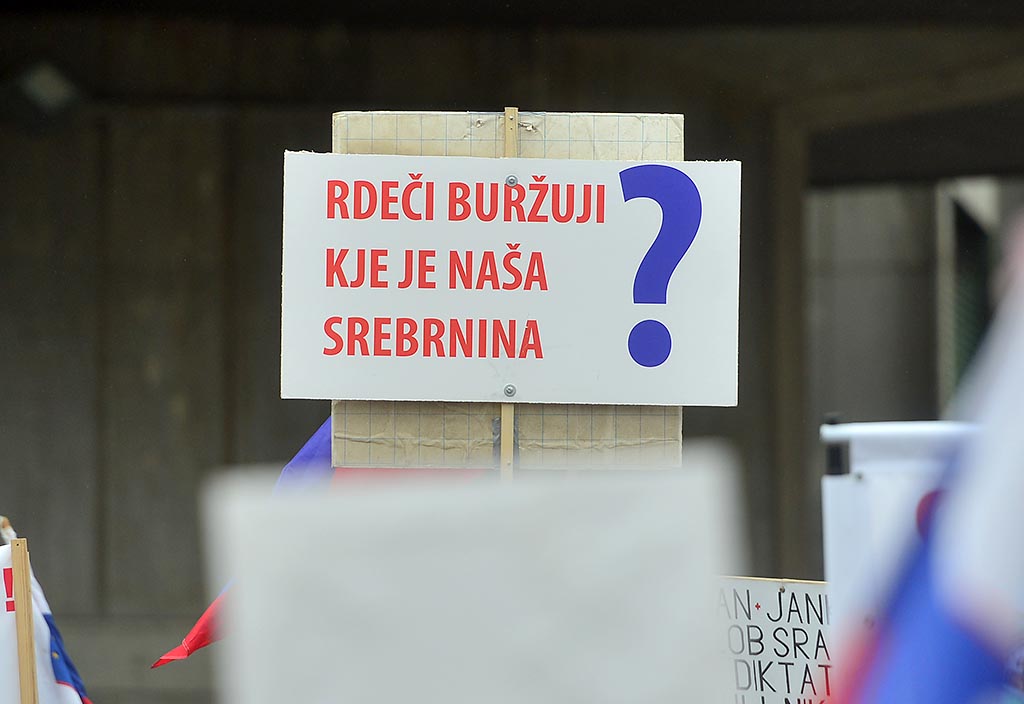By: C. R.
The SDS, the party that proposed the referendum on pension supplements for artistic achievements, is announcing an intensive campaign. They believe that participating in a referendum is a constitutionally guaranteed right and also a duty of citizens. They are confident in the voters’ common-sense decision, and they view Freedom Movement’s calls for a boycott as “a sign of weakness and fear of the consequences of poor decisions”.
With an intensive campaign, the largest opposition party, SDS, will focus on convincing voters to head to the polls in large numbers on May 11th and vote against the law on pension supplements for exceptional achievements in the field of art, SDS MP Andrej Hoivik said today in a statement in the National Assembly, as official electoral procedures began. They hope the voice of the voters will be “the voice of reason and the voice of the Constitution, which states that power belongs to the people”.
Starting Friday, when the official campaign period begins, SDS is inviting voters to follow their campaign activities. They will oppose the law, which they believe introduces non-transparent criteria for awarding the supplement and determining its amount. They also argue that the law extends eligibility to individuals who “have not contributed a single cent to the pension fund” but would still receive a substantial supplement.
The party estimates that between 100 and 200 individuals would qualify for the supplement each year. This estimate is based on the total number of recipients of the Prešeren Awards and Prešeren Fund Awards who also meet criteria for other awards defined in the new law but who do not yet receive a pension supplement under existing legislation.
SDS says that over 34 years of Slovenian independence, there have been approximately six recipients of the Prešeren Fund Award annually, totalling 204, and about two recipients of the main Prešeren Award each year, totalling 68. Taking into account that some of them have since passed away, SDS calculates that 100 recipients per year would cost the state €1.14 million annually. Over an average 20-year pension period, that would add up to €22.8 million.
They also highlight that the exact amount of supplements in the coming years is uncertain, since the law includes a provision for indexation, as is the case with other pensions. “If the pension were €3,000 now and the indexation is five percent, that is an extra €250 a month – about the same as what Prime Minister Robert Golob is promising as an annual Christmas bonus,” Hoivik added.
SDS MP Zvone Černač also responded to Prime Minister Golob and the Freedom Movement’s calls for a referendum boycott. “We interpret this as weakness and fear of the consequences of bad decisions,” he said. Černač pointed out the inconsistency of such a call, given that the ruling coalition approved the law in committee, in the National Assembly, and again after the National Council’s veto.
Furthermore, he stated that they cannot imagine any future minister of culture or government continuing to award such supplements if the law is rejected in the referendum. “A vote against means these privileges must be abolished. If this government does not repeal them after the referendum, the next one will within a month of taking office,” Černač concluded.

